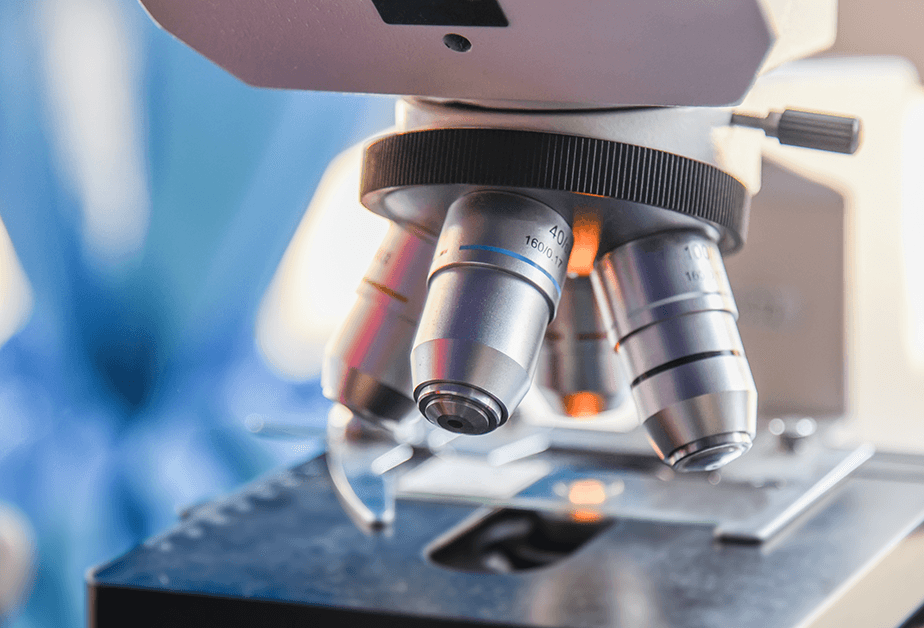Medical device companies doing business in the European Union (EU) may have circled May 26, 2021, in red on their calendars — but any company treating the deadline as a finish line is sorely mistaken.
New products being introduced to the European Economic Area (EEA) must meet the strict standards set by EU Medical Device Regulation (MDR) as of the deadline or they will be unable to enter the market. However, work to recertify existing products sold under the outgoing Medical Device Directive will continue for years, as all products sold in the EEA must have EU MDR certification no later than May 2024.
First introduced in 2017, companies in scope of the new regulation have enjoyed a three-year transition period to recertify their products, with a final deadline of May 2024. That deadline remains in effect. However, with only a handful of notified bodies approved for EU MDR certification and complex reporting requirements, ensuring compliance with the regulation is a time-consuming process. Two-thirds of companies that responded to Climedo’s EU MDR survey said they planned to hire at least one new employee specifically to manage EU MDR compliance.
While 2024 may seem like a long time away, the reality is time is running out. Understanding where your company stands with regard to the EU MDR certification process is vital for meeting regulatory requirements on time and ensuring continued market access.
The EU MDR Compliance Checklist: Tracking Progress to Date
The process for ensuring medical devices are fully-compliant and certified under the EU MDR is resource-intensive, requiring considerable effort. This process should ideally have begun shortly after the announcement of the EU MDR in 2017.
By early 2021, medical device companies should have completed several tasks to meet the May 26 deadline:
- Product Scoping: A wider range of products are in scope of the MDR when compared with the Medical Device Directive (MDD) it replaced. For example, new criteria in the MDR bring a variety of products and devices without a specific medical purpose into scope, including lotion or gel dispensers, colored contact lenses and throat lozenges. There are also 22 rules outlined in the regulation’s legal text to determine an in-scope product’s classification, which informs reporting responsibilities.
- Gap Analysis: Once products have been scoped, companies should determine what data they need to gather to demonstrate compliance. Based on the scoping and classification efforts, some products may only require minimal data and a self-certification, while others will require significantly more effort. Leveraging data sets under the MDD helps companies identify the data they have, and the information they will need to gather from their supply chain.
- Gather Data: Under Section 10.4 of the EU MDR, companies must collect a wide variety of data on substances used in the production of medical devices and report this data on a per-article basis. Gathering this information requires significant supplier engagement to collect declarations on the substances, parts and materials in scope of the regulation.
- Validate Data: Once data has been collected, it must be validated and verified. Regardless of the data required for a product, all products will require proof of an approved quality management system and a technical file. Using a cloud-based platform solution such as the Assent Compliance Platform helps companies gather and manage this data effectively.
- Prepare Technical Files for Notified Body Approval: The data gathered through an EU MDR compliance program must be compiled into an accurate technical file for each product in scope of the regulation. These technical files are then sent to notified bodies, which certify the product.
The Impact of the EUDAMED Delay
Companies with products in scope of the EU MDR must submit data to the European Database on Medical Devices (EUDAMED), which in an earlier European Commission announcement was delayed until May 2022.
An interim EUDAMED database is currently receiving voluntary submissions to support the EU MDR medical device product approval process. It’s likely that, as the database becomes more established, these submissions will become required. The legal text of the regulation allows for this, as Article 123(3)(d) states the provisions of Directives 90/385/EEC and 93/42/EEC regarding the exchange of information (such as vigilance reporting, clinical investigations, device registration and certificate notifications) shall apply until EUDAMED is fully functional.
It should also be noted some of the legacy notified bodies under these provisions may no longer be accessible, as they may no longer exist as a notified body or may have transitioned to the EU MDR.
After the Deadline
In the lead up to the application date, companies must finalize the product certification process by submitting product technical files to a notified body. Once approval has been secured from a notified body, a CE marking can be affixed to the certified product, which means it can be placed in the EEA.
While this is the final step in demonstrating compliance with the EU MDR, the process can take up to 14 months to complete from the initial submission to a notified body. According to a recent KPMG survey of medical device companies, only 27 percent of respondents expect to be fully compliant with the EU MDR by the initial May 26, 2020 deadline. Furthermore, the designated notified bodies that can certify devices under the regulation were slow to be established, creating a bottleneck in the approval process.
If in-scope companies don’t receive certification by May 26, they must expedite efforts to do so, or they may lose market access and face enforcement action. Likewise, companies with recertification requirements should begin their process in earnest to avoid complications and ensure business continuity.
How Assent helps
EU MDR is an enormous regulation which industry leaders have spent hundreds of millions to comply with. A key component of the regulation, section 10.4, requires detailed substance data and declarations from throughout the supply chain. Assent delivers high-quality data and streamlined supplier engagement to meet requirements in less time with fewer resources.
As a solution provider to several leaders in the medical device industry including Baxter and Thermo Fisher Scientific, Assent has the technology and expertise to meet your supply chain data requirements. Contact us to learn more.









